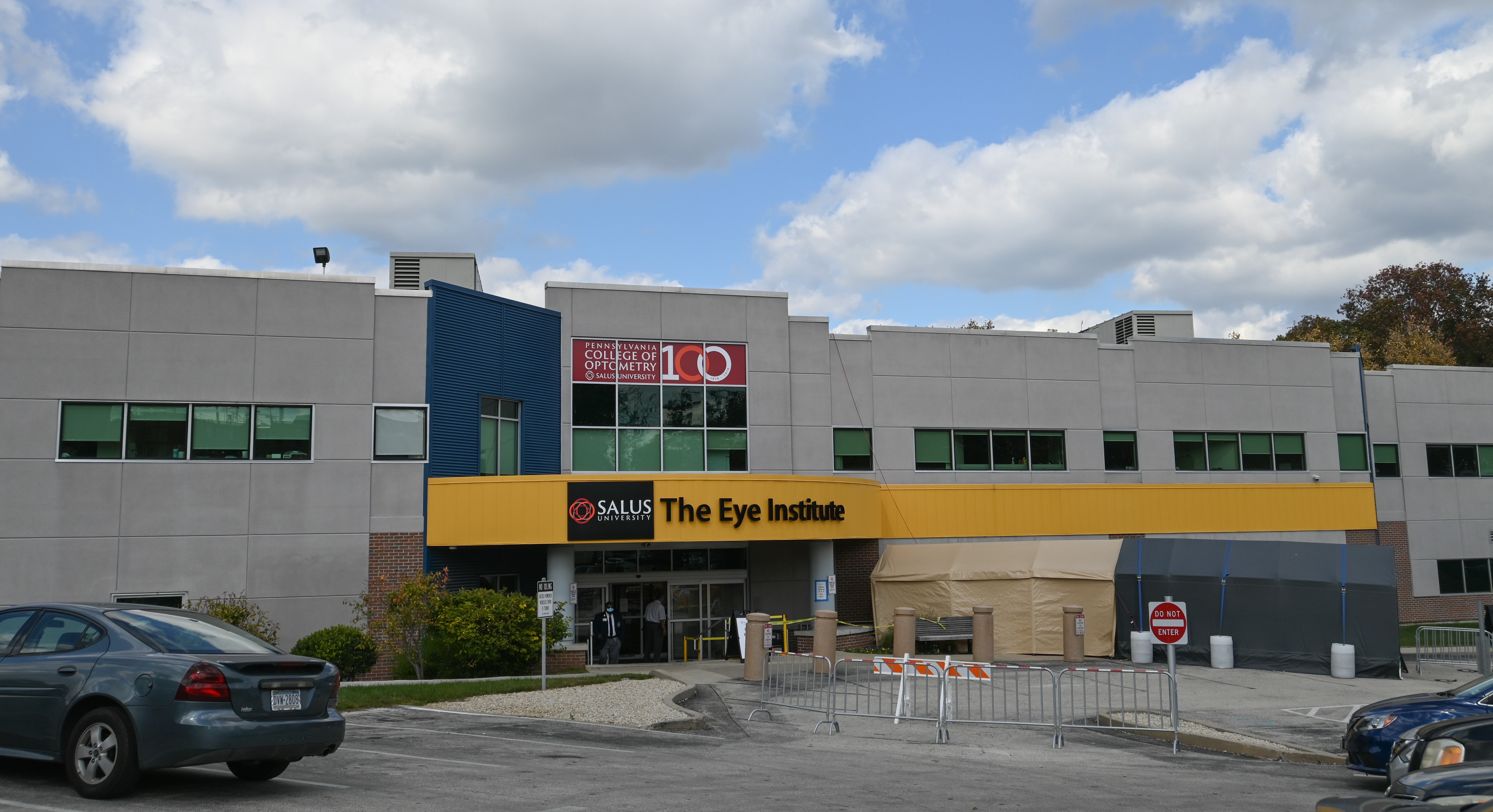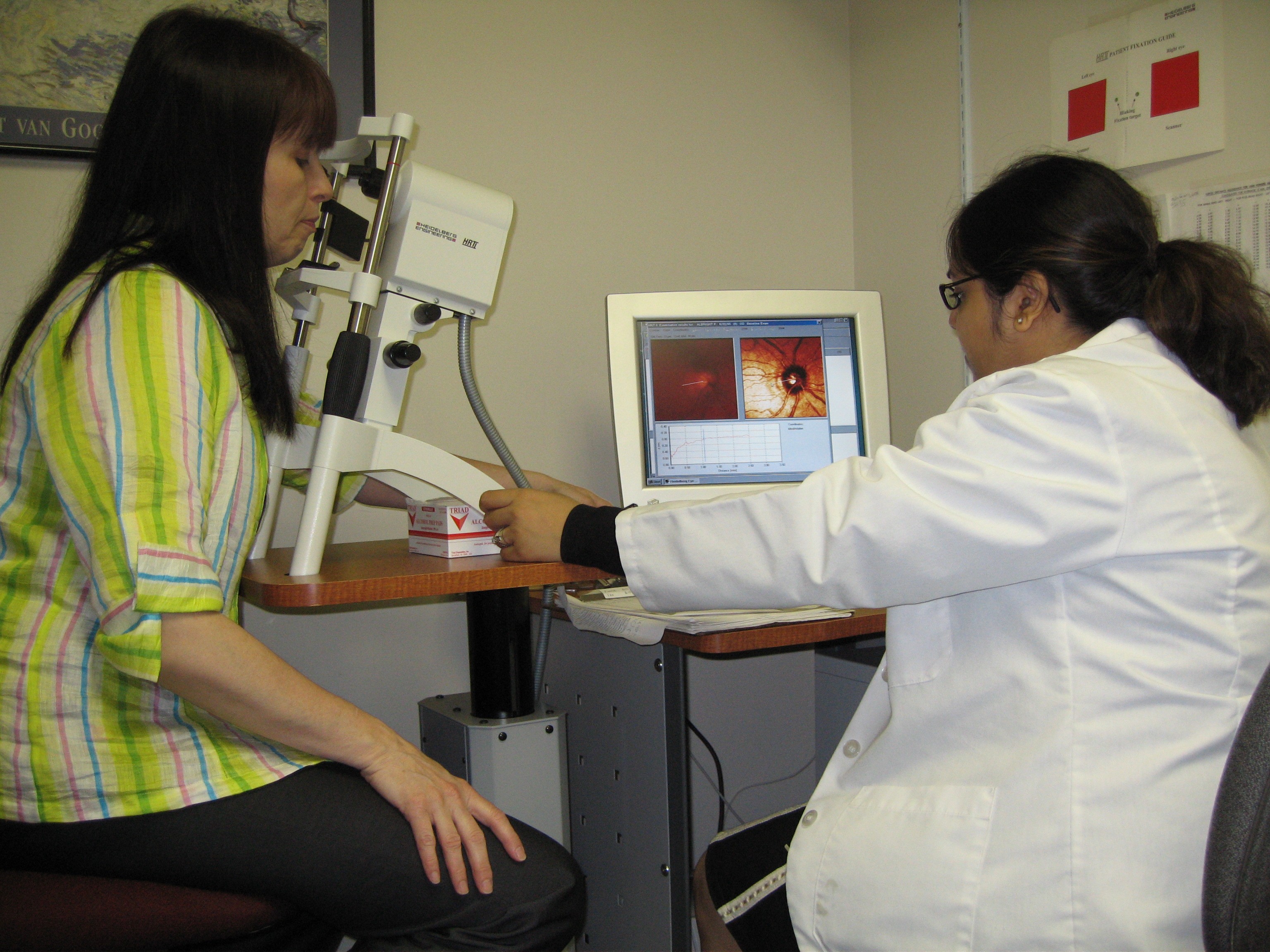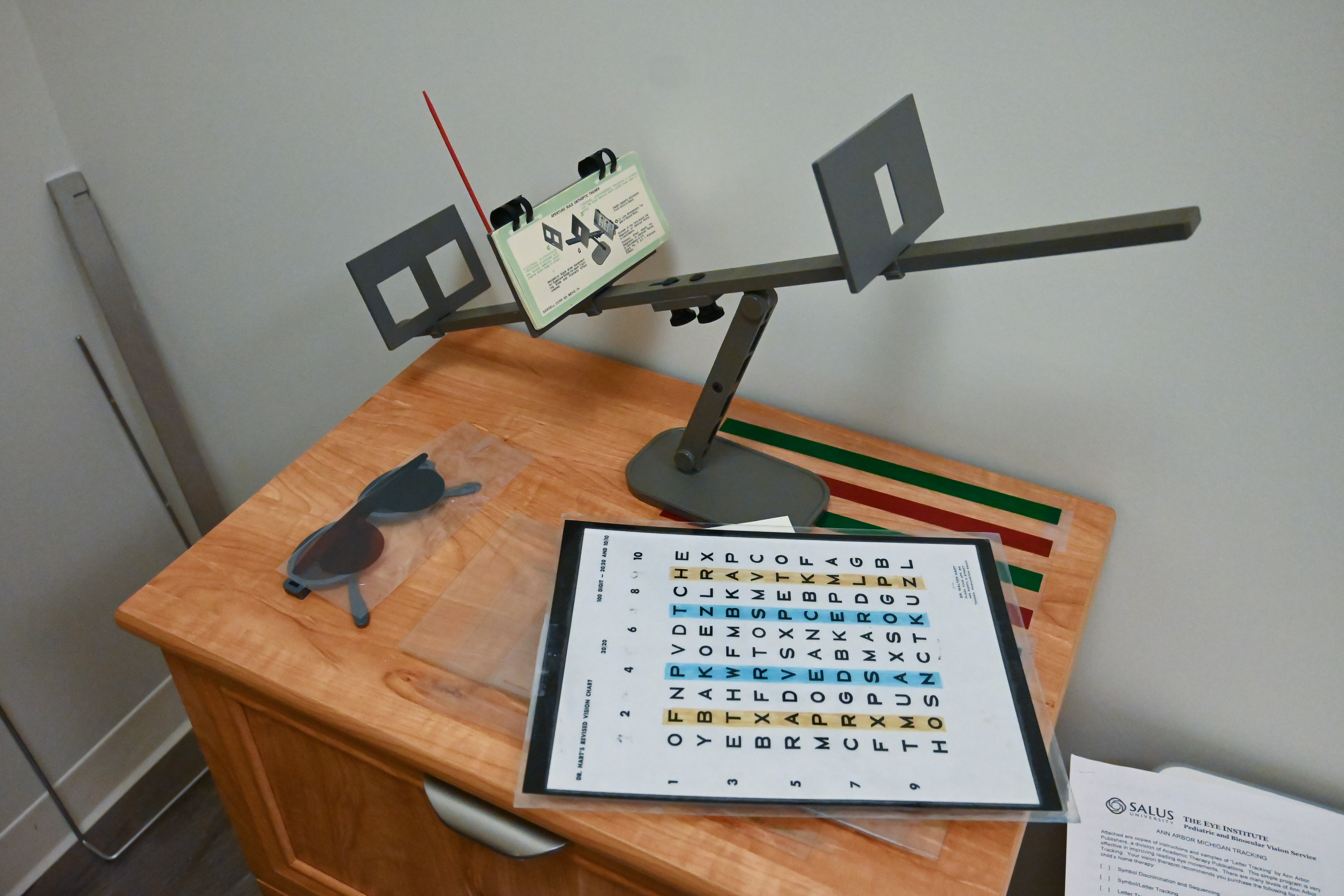
The Eye Institute (TEI), the main clinical facility of the Pennsylvania College of Optometry (PCO), Drexel University, offers immersive on-campus residency programs that provide advanced clinical training across a variety of specialties. With a strong emphasis on patient-centered care, interdisciplinary collaboration, and mentorship, TEI’s residencies are designed to support new doctors as they transition from student to clinician. Residents gain hands-on experience with complex cases, participate in teaching and community outreach, and work alongside leading optometric professionals.
 This is the first of a three-part Q&A series where we hear directly from TEI residents as they share what motivated them to pursue residency, why they chose their specific program or clinical focus, and how they are adjusting to life in Philadelphia. Their insights highlight the depth of TEI’s training and the unique experiences that shape their professional and personal journeys here at PCO, TEI and in Philadelphia.
This is the first of a three-part Q&A series where we hear directly from TEI residents as they share what motivated them to pursue residency, why they chose their specific program or clinical focus, and how they are adjusting to life in Philadelphia. Their insights highlight the depth of TEI’s training and the unique experiences that shape their professional and personal journeys here at PCO, TEI and in Philadelphia.
Professional Motivation and Goals
Q: What inspired you to pursue a residency after optometry school?
Amma Dwomoh, OD ‘25 (First Year Neuro-Ophthalmic Disease) - Pennsylvania College of Optometry:
“Throughout optometry school, I realized how much I valued environments where I could be challenged to think critically and grow through mentorship. Residency felt like the natural next step to push myself further, both in clinical decision-making and patient care, while also shaping my long-term professional goals.”
Reetu Julakanti, OD (Pediatrics/Vision Therapy) – Indiana University School of Optometry:
“I wanted to learn more about pediatrics and grow as a new optometrist while being mentored by some amazing docs!”
 Elle Cornman, OD ‘25 (Low Vision Rehabilitation) - Pennsylvania College of Optometry:
Elle Cornman, OD ‘25 (Low Vision Rehabilitation) - Pennsylvania College of Optometry:
“I wanted to pursue residency as soon as I learned it was a thing. I knew I wanted the support of other doctors guiding me in my first year of practice and the camaraderie of co-residents. It’s a big transition from being a student to being a doctor, and I’m grateful to be in an environment that prioritizes learning.”
Q: What’s one thing you’re hoping to gain personally from this residency year?
Dr. Dwomoh:
“Well, two years for me—but I hope to sharpen my clinical instincts and become more grounded and adaptable under pressure. I want to walk away from this more self-assured in the decisions I make for my patients, while still maintaining humility and a desire to keep learning.”
Dr. Cornman:
“TEI residents are heavily involved in precepting students. I am looking forward to building my leadership and teaching skills over the next year though working with students.”